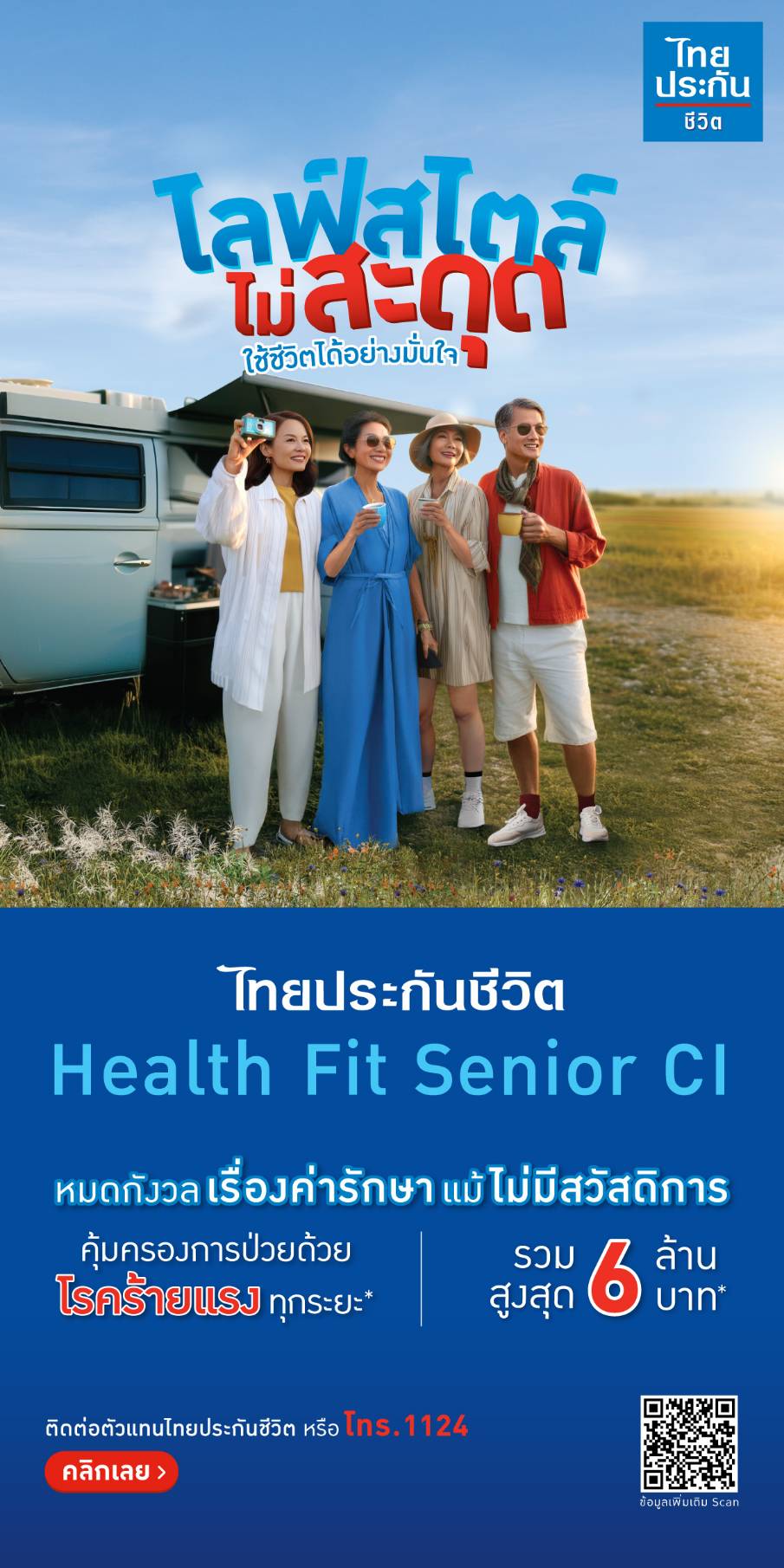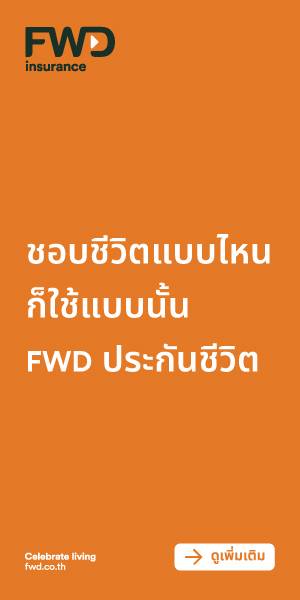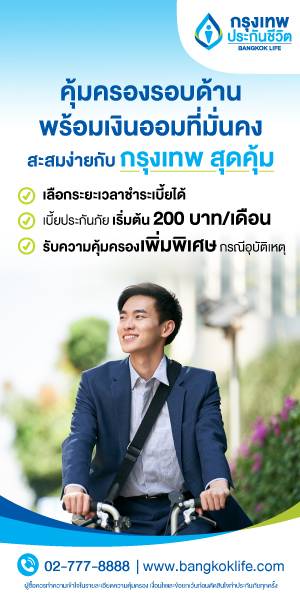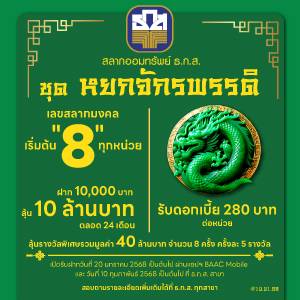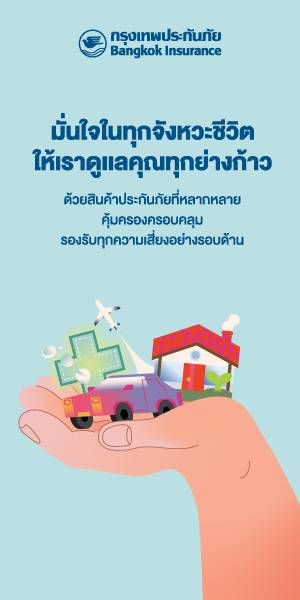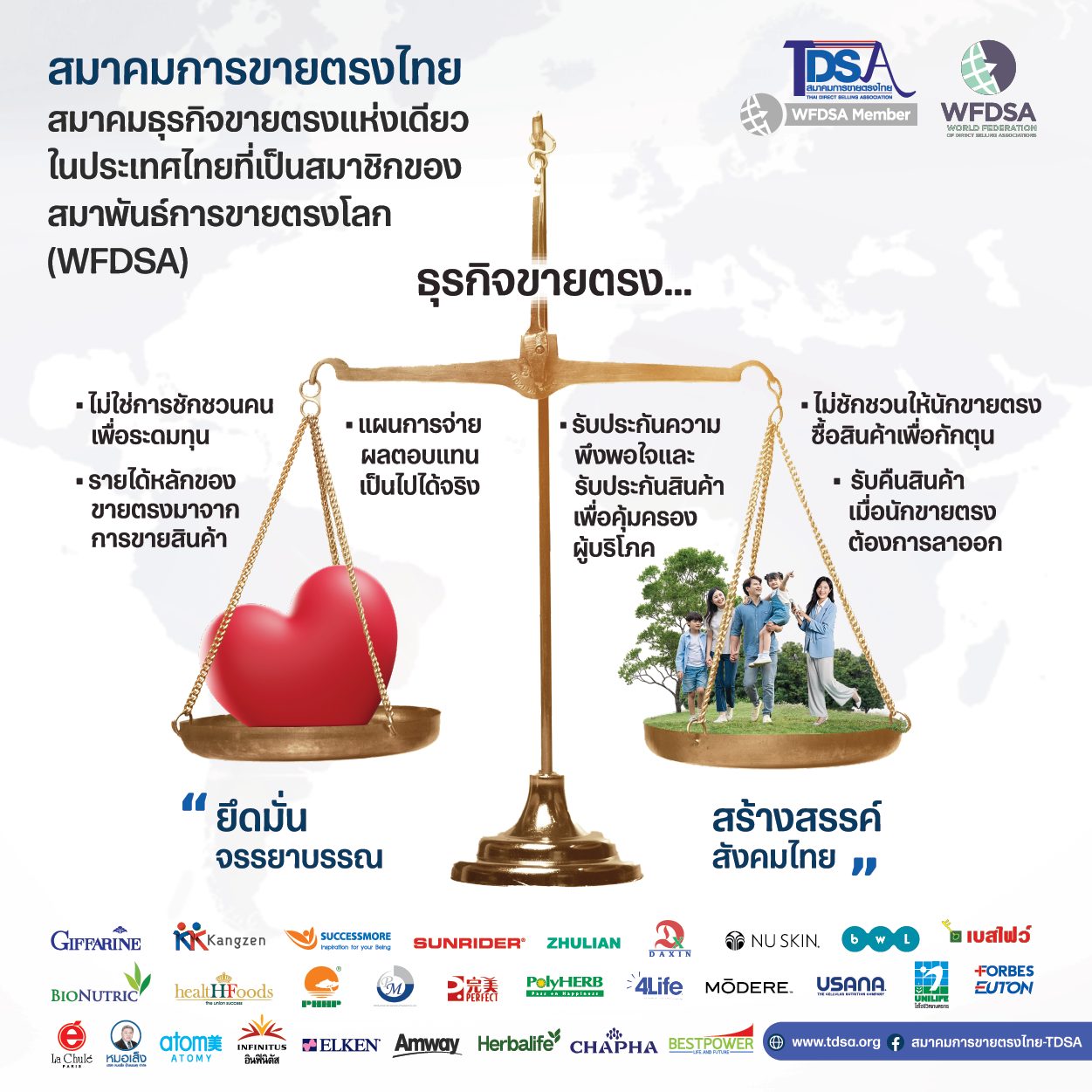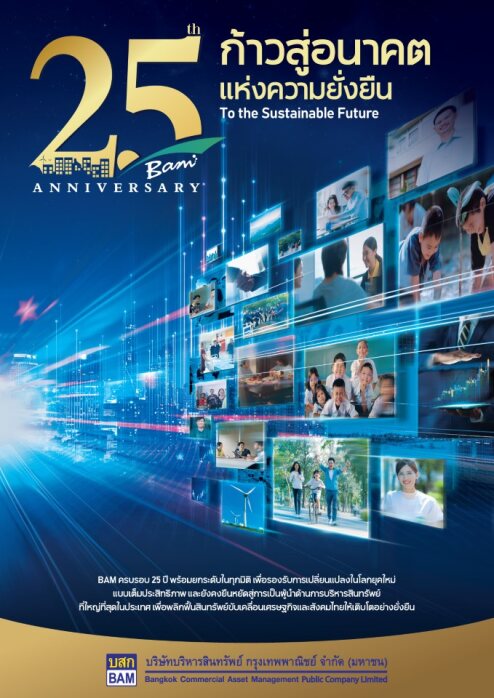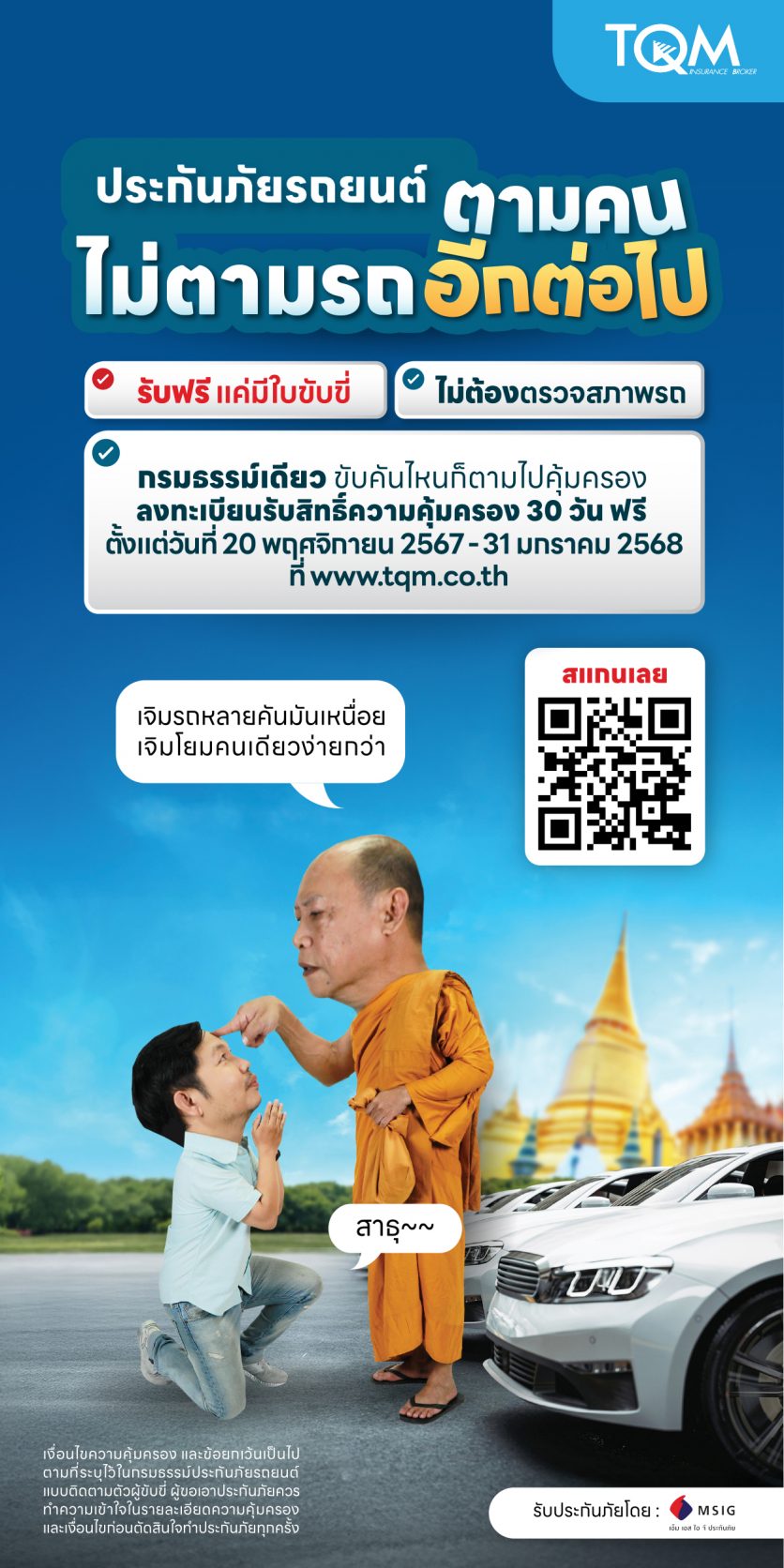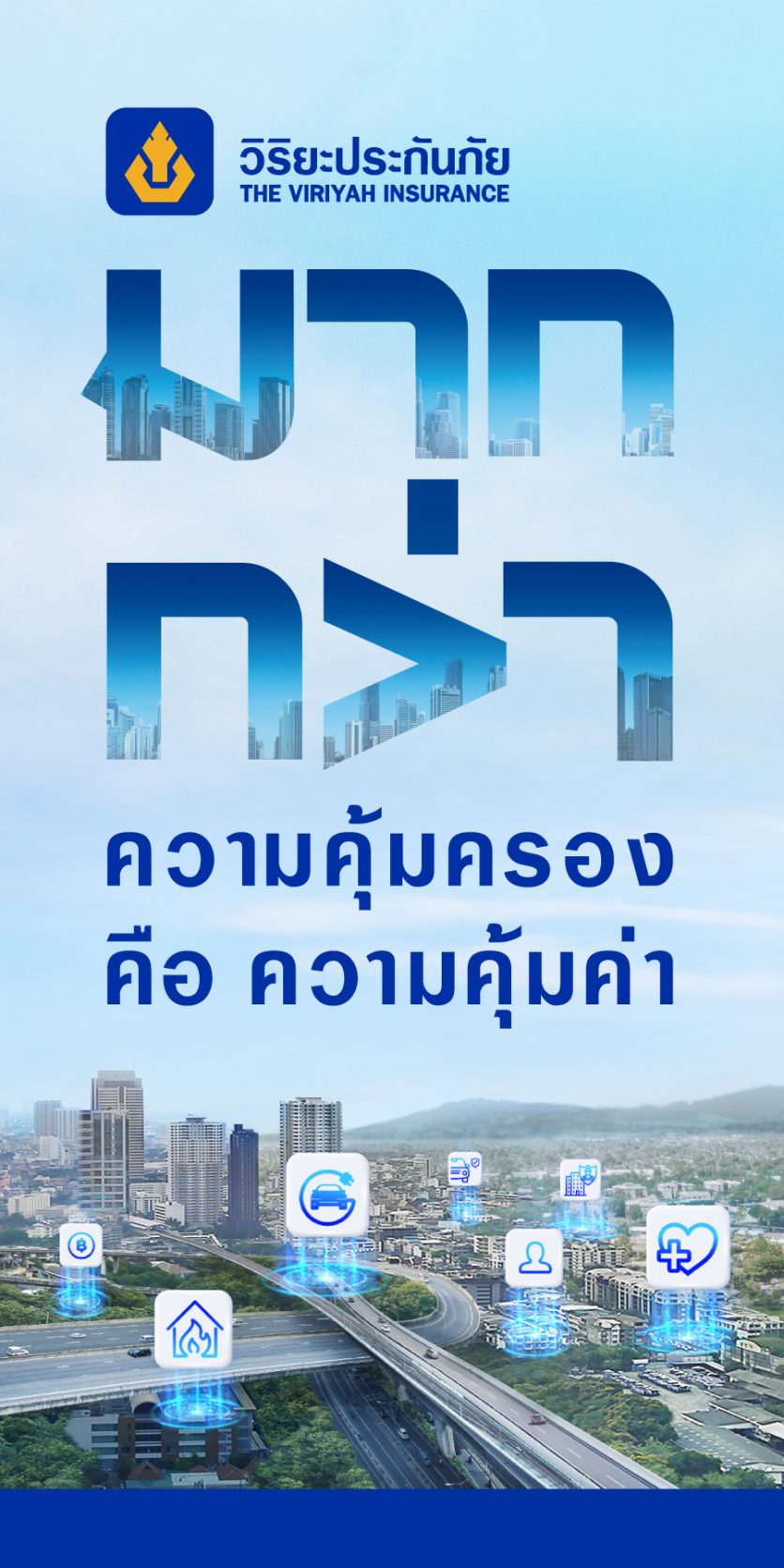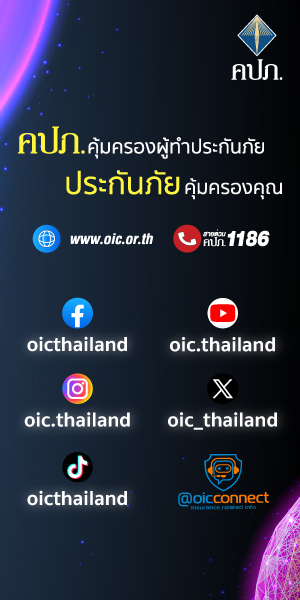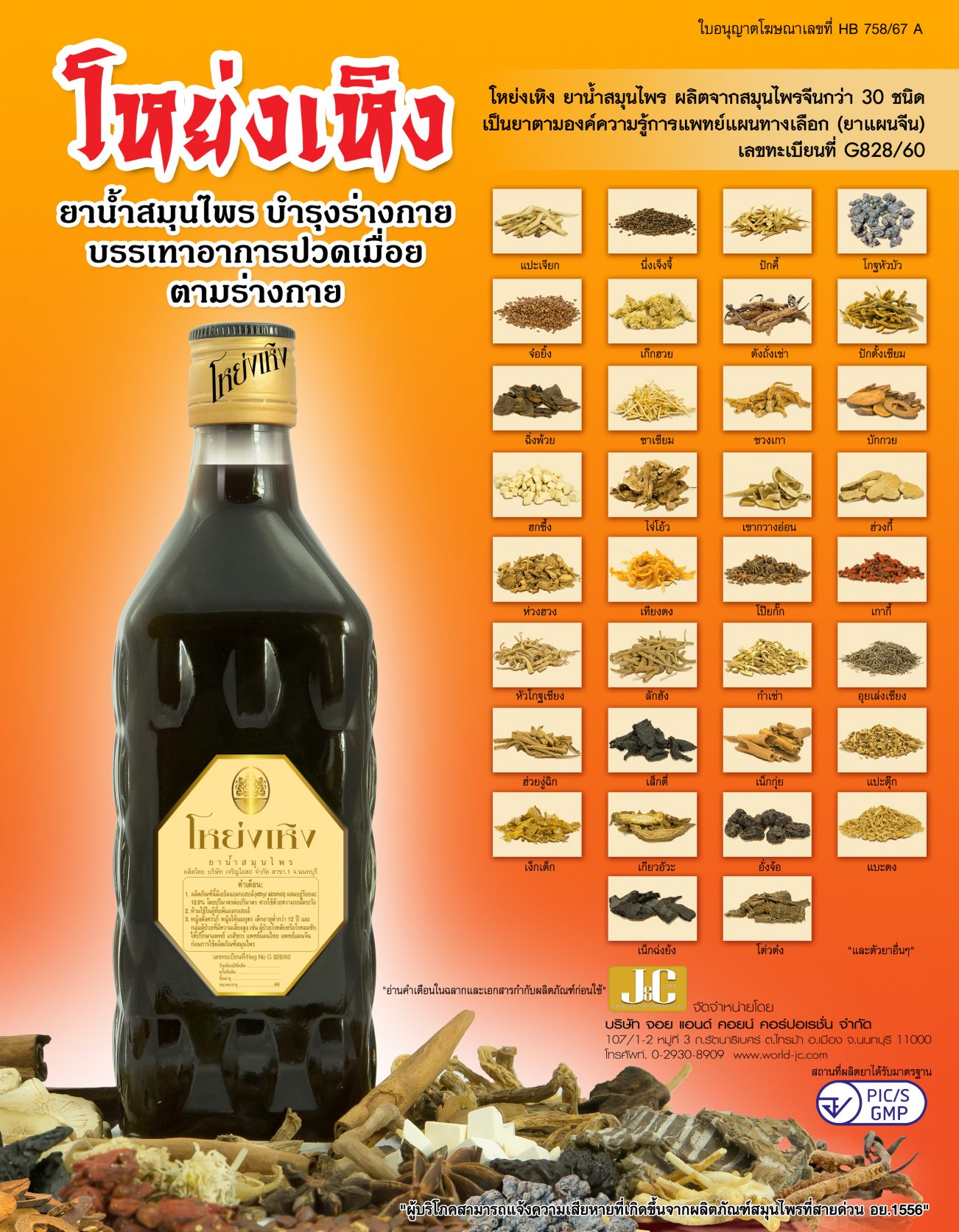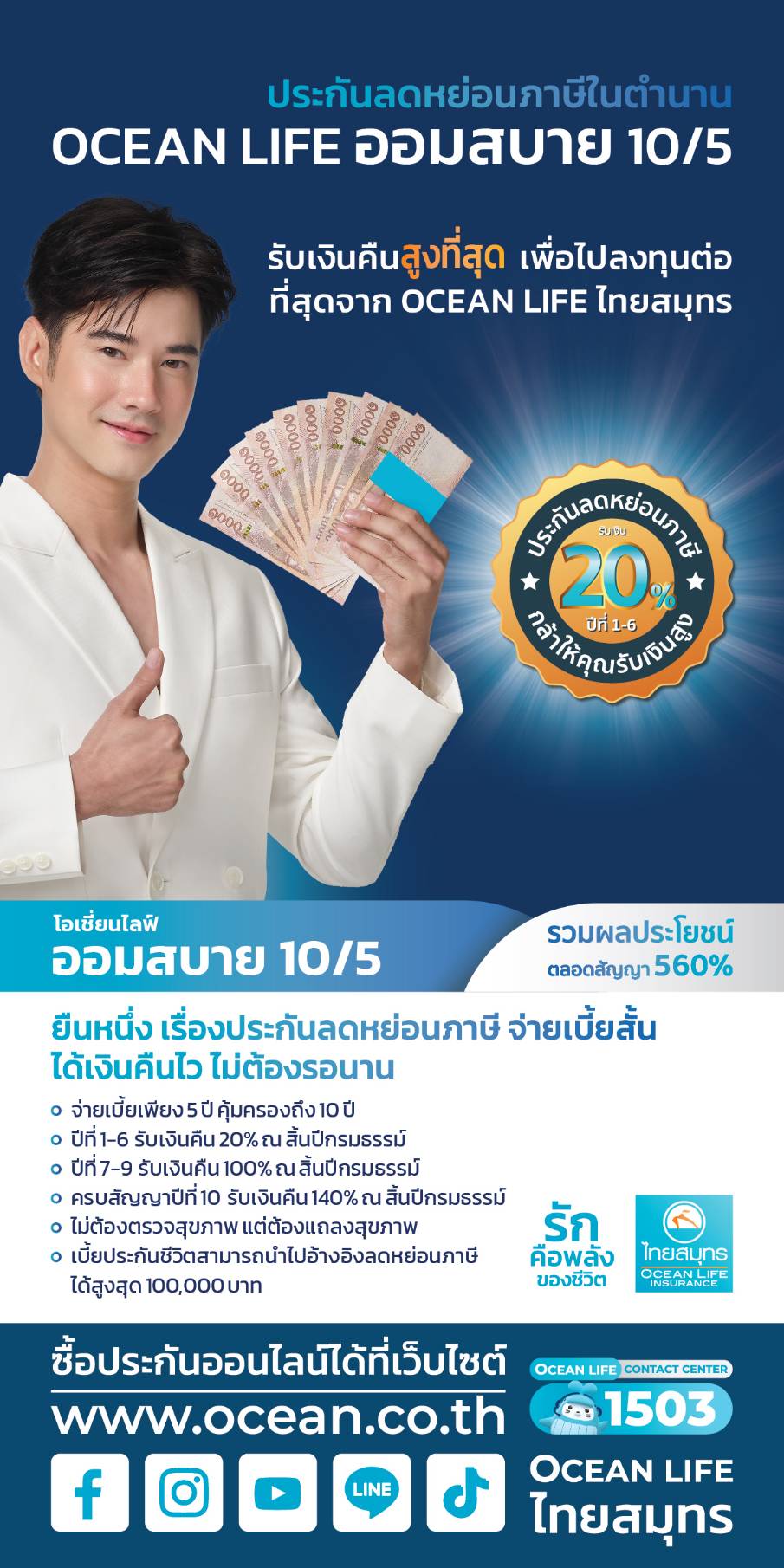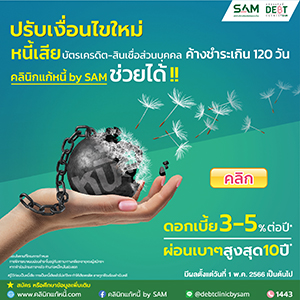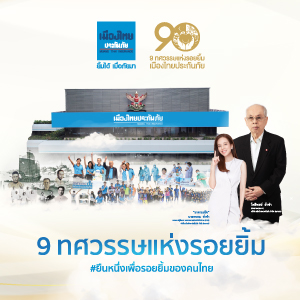“ขัตติยา” คาดว่า 2 เดือน ไทยสูญรายได้ท่องเที่ยวแล้ว 5.5 หมื่นล้าน ชี้ฟื้นตัว 3 เฟส ไทยเที่ยวไทย ระดับภูมิภาค และระดับโลก คาดจะกลับมามีรายได้ 2.7 ล้านล้านบาทใกล้ระดับก่อนโควิด-19 ในปี 2567 แนะผู้ประกอบการแก้โจทย์ระยะใกล้-ไกล พัฒนาสู่ท่องเที่ยวที่ยั่งยืน พร้อมสร้างธุรกิจ “ฮีโร่” ในหลายอุตสาหกรรม ควบคู่กับการพัฒนาธุรกิจท่องเที่ยวให้แข็งแกร่ง

นางสาวขัตติยา อินทรวิชัย ประธานเจ้าหน้าที่บริหาร ธนาคารกสิกรไทย เปิดเผยว่า ในช่วงกว่าทศวรรษที่ผ่านมา (2551–2563) เศรษฐกิจไทยเติบโตต่ำกว่าภูมิภาคอาเซียน โดยรายได้จากธุรกิจการท่องเที่ยวเป็น “ฮีโร่” ที่ช่วยพยุงเศรษฐกิจประเทศไทยมาโดยตลอด ในปี 2562 ธุรกิจท่องเที่ยวสร้างรายได้ให้กับประเทศ 3 ล้านล้านบาท คิดเป็นสัดส่วนถึง 18% ของจีดีพีประเทศ ในจำนวนนี้เป็นรายได้ที่มาจากนักท่องเที่ยวต่างชาติ 2 ล้านล้านบาท คิดเป็นสัดส่วน 12% ของจีดีพี และรายได้จากนักท่องเที่ยวไทย 1 ล้านล้านบาท คิดเป็นสัดส่วน 6% ของจีดีพี
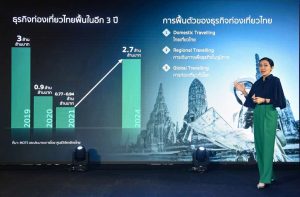
วิกฤตโควิด-19 ที่เกิดขึ้นตั้งแต่ธันวาคม 2562 เป็นต้นมา ทำให้ธุรกิจท่องเที่ยวทั่วโลกทรุดตัวต่ำสุดในรอบ 33 ปี ส่งผลกระทบต่อการท่องเที่ยวทั้งระบบตั้งแต่ โรงแรมที่พัก ร้านอาหาร ร้านขายของฝาก ธุรกิจรถเช่า ที่อยู่ในจังหวัดท่องเที่ยว โดยในปี 2563 รายได้ธุรกิจท่องเที่ยวของไทยหายไปจากระบบเป็นมูลค่ากว่า 2.1 ล้านล้านบาท หรือคิดเป็น 13% ของจีดีพี และเมื่อโควิด-19 ระลอกใหม่มา ทำให้การฟื้นตัวของธุรกิจช้ากว่าเดิม โดยในช่วง 2 เดือนแรกของปี 2564 ธุรกิจท่องเที่ยวของไทยสูญเสียรายได้ไปแล้วคิดเป็นมูลค่ากว่า 5.5 หมื่นล้านบาท

ธุรกิจการท่องเที่ยวของไทย ได้รับผลกระทบจาก โควิด-19 มากกว่าธุรกิจอื่น จึงฟื้นตัวช้ากว่าธุรกิจอื่น คาดว่าอาจจะต้องใช้เวลากว่า 3 ปี หรือประมาณปี 2567 ในการจะฟื้นตัวกลับมามีรายได้ที่ประมาณ 2.7 ล้านล้านบาท ใกล้เคียงกับที่เคยทำได้ในปี 2562 ที่ 3 ล้านล้านบาท ซึ่งเป็นระดับก่อนเกิดวิกฤติโควิด-19 ทั้งนี้ ขึ้นอยู่กับนโยบายการเปิดรับนักท่องเที่ยวต่างชาติของไทย นโยบายการให้ออกมาเที่ยวนอกประเทศของแต่ละประเทศ และความคืบหน้าของการฉีดวัคซีน
ภาพการฟื้นฟูของภาคการท่องเที่ยวจะแบ่งเป็น 3 เฟส เฟสที่ 1) ตลาดไทยเที่ยวไทย จะเป็นตลาดหลัก ในช่วงปี 2564–2565 ช่วยให้สถานการณ์ปรับตัวดีขึ้นกว่าปี 2563 เฟสที่ 2) การเดินทางในระดับภูมิภาค ที่ใช้เวลาเดินทางสั้น 3-5 ชั่วโมง โดยจะเป็นการเดินทางเพื่อธุรกิจป็นหลัก เฟสที่ 3) การเดินทางในระดับโลก จะมาเป็นลำดับสุดท้าย ซึ่งจะเป็นนักท่องเที่ยวจริง ๆ ส่วนการเดินทางเพื่อธุรกิจในกลุ่มนี้ อาจจะลดลงเยอะมากเนื่องจากช่วงที่ผ่านมามีการติดต่อกันแบบ Virtual ได้ ซึ่งลดค่าใช้จ่ายและเวลาในการเดินทาง
ปัจจัยสำคัญประการหนึ่งที่จะเป็นตัวช่วยให้การท่องเที่ยวฟื้น คือ วัคซีนพาสปอร์ท (Vaccine Passport) แต่อาจจะต้องใช้เวลา ขึ้นอยู่กับการฉีดวัคซีนของคนทั่วโลก การยอมรับในประสิทธิผลของวัคซีน และกระบวนการของประเทศไทยในรองรับการเข้ามาของนักท่องเที่ยว
จากสถานการณ์ดังกล่าวทำให้ภาคการท่องเที่ยว ที่เคยเป็น “ฮีโร่” ของเศรษฐกิจไทยกำลังเผชิญศึกหนัก “โจทย์ระยะใกล้” คือ จะทำอย่างไรให้ธุรกิจยังรอด การจ้างงานยังพอไปได้ ซึ่งผู้ประกอบการสามารถประเมินตนเองได้ด้วยแนวทางเบื้องต้น ดังนี้ “รายได้” ควรลดลงไม่เกิน 70% และมีแหล่งรายได้ที่หลากหลาย สร้างรายได้จากช่องทางอื่นได้ “รายจ่าย” บริหารค่าใช้จ่ายให้สอดคล้องกับรายได้ โดยมีค่าใช้จ่ายต่อเดือนน้อยกว่า 65% ของรายได้ “สภาพคล่อง” มีเงินทุนหมุนเวียนขั้นต่ำ 6 เดือน และ “คืนทุนแล้ว” โดยเป็นกิจการที่ดำเนินธุรกิจมาจนคืนทุน หรือมีภาระดอกเบี้ยจ่ายต่ำ ทั้งนี้ หากประเมินแล้วธุรกิจเป็นไปตามแนวทางนี้ก็มีโอกาสที่จะรอด และในระหว่างที่รอนักท่องเที่ยวจากต่างประเทศฟื้นตัว คำแนะนำสำหรับผู้ประกอบการภาคการท่องเที่ยวของไทยในการพากิจการผ่านช่วงเวลานี้ไปให้ได้ คือ “เจาะตลาดไทยเที่ยวไทย” ด้วยการสร้างประสบการณ์ที่สอดรับกับพฤติกรรมคนไทย สร้างรายได้ทางอื่นด้วยวิธีที่แตกต่าง และบริหารจัดการต้นทุน โดยไม่แข่งขันด้านราคา
นอกจากนี้ภาคธุรกิจท่องเที่ยวไทยยังมี “โจทย์ระยะไกล” คือ สร้างธุรกิจการท่องเที่ยวที่ยั่งยืน (Sustainable Tourism) แก้ไขปัญหาเชิงโครงสร้างและทรัพยากรต่าง ๆ ที่กระทบขีดความสามารถทางการแข่งขัน กระจายรายได้สู่ชุมชน ธรรมชาติและมรดกทางวัฒนธรรมไม่ถูกทำลาย นับเป็นโจทย์ที่ต้องปรับตัวทั้งในนโยบายระดับประเทศ และภาคธุรกิจต้องร่วมมือกัน ในการสร้างความสมดุล ระหว่างเศรษฐกิจ สังคม และสิ่งแวดล้อม
ที่สำคัญคือ ต้องดำเนินธุรกิจการท่องเที่ยวที่ยั่งยืน (Sustainable Tourism) ประกอบด้วย 3 องค์ประกอบ คือ
- 1. การท่องเที่ยวรูปแบบใหม่ (New Travel Culture) ปรับตัวจากการแข่งขันด้านราคา (Red Ocean) และเน้นนักท่องเที่ยวจำนวนมาก ยกระดับไปสู่การท่องเที่ยวคุณภาพ (Blue Ocean) เช่น การท่องเที่ยวเชิงสุขภาพ (Wellness Tourism) การท่องเที่ยวด้านการแพทย์ (Medical Tourism) เพื่อเพิ่มค่าใช้จ่ายต่อหัวให้สูงขึ้น และพัฒนาสู่การท่องเที่ยวอย่างยั่งยืน คือการอนุรักษ์ธรรมชาติสิ่งแวดล้อม (Green Ocean) และตอบโจทย์สังคม (White Ocean)
- 2. การสร้างความร่วมมือ (Collaboration) โดยภาครัฐ เอกชน และชุมชนในการจัดการธุรกิจท่องเที่ยว สร้างความเข้าใจให้ชุมชนมีส่วนร่วมในการพัฒนาการท่องเที่ยวอย่างมีคุณภาพ ใช้วัฒนธรรมท้องถิ่นสร้างเอกลักษณ์การท่องเที่ยวเฉพาะพื้นที่ และให้ความสำคัญในการดูแลและรักษาทรัพยากรธรรมชาติ
- 3. การใช้เทคโนโลยีและข้อมูล (Digitalization) มาเป็นเครื่องมือเพื่อการท่องเที่ยวเติบโตอย่างยั่งยืน ด้วยการสร้างแพลตฟอร์มและนำข้อมูลที่ได้มาวิเคราะห์ให้เกิดประโยชน์ในการวางแผนธุรกิจ การทำตลาดที่ทันสถานการณ์ แชร์ข้อมูลแก่ผู้เกี่ยวข้อง อำนวยความสะดวกในการวางแผนการเดินทาง สร้างสังคมออนไลน์ เปิดประสบการณ์ใหม่ในการวางแผนเดินทางท่องเที่ยวและการทำธุรกิจ
ด้วยรูปแบบธุรกิจการท่องเที่ยวที่ยั่งยืนข้างต้นจะเป็นแนวทางหนึ่งที่จะนำภาคธุรกิจการท่องเที่ยวไทยไปสู่เป้าหมายที่วางไว้ ให้นักท่องเที่ยวอยู่พักนานขึ้น มีการใช้จ่ายเพื่อท่องเที่ยวเพิ่มมากขึ้น กระจายรายได้ท่องเที่ยวสู่เมืองรอง เพิ่มความสะดวกสบายและส่งมอบคุณค่าให้นักท่องเที่ยวได้มากขึ้น เพื่อนำไปสู่การกลับมาเที่ยวซ้ำอีก
นางสาวขัตติยา กล่าวตอนท้ายว่า ประเทศไทยที่ผ่านมามีภาคการท่องเที่ยวเป็น “ฮีโร่” ที่เข้ามาช่วยพยุงเศรษฐกิจไว้ แต่ต่อจากนี้ไปเศรษฐกิจของประเทศอาจจะไม่สามารถพึ่งพารายได้จากอุตสาหกรรมเดียวอีกต่อไป แต่จะต้องมี “ฮีโร่” หลาย ๆ ธุรกิจมาเป็นทีม นั่นคือการส่งเสริมธุรกิจในอุตสาหกรรมอื่นที่มีศักยภาพ เช่น ธุรกิจด้านสุขภาพ อาหารสุขภาพ รถยนต์พลังงานไฟฟ้า ฯลฯ ควบคู่ไปกับการพัฒนาการท่องเที่ยวในระยะยาวให้แข็งแกร่งขึ้น
KBank supports Thai tourism operators to outlast COVID–19 crisis
“Kattiya” said Thailand lost 55 billion Baht in tourism revenue during the first two months of 2021. She expects that recovery in the Thai tourism sector will occur in three phases driven by domestic, regional and global travel, respectively. Tourism revenue is expected to see a turnaround and reach 2.7 trillion Baht – close to pre–COVID–19 levels – only in 2024. Short– and long–term solutions are recommended to related operators with a focus on sustainable tourism. “Hero” businesses should be promoted in various industries, while the tourism industry should be strengthened further.
Ms. Kattiya Indaravijaya, Chief Executive Officer of KASIKORNBANK (KBank), noted that the Thai economy underperformed other ASEAN countries for more than 10 years (2008–2020). Tourism has always been an essential element of Thai economic growth. In 2019 alone, the tourism industry contributed 3 trillion Baht to the Thai economy, or 18 percent of the nation’s GDP. Of this, 2 trillion Baht came from international tourism, which represented 12 percent of GDP; and 1 trillion Baht from domestic travel, or 6 percent of GDP.
The COVID–19 pandemic which began in December 2019 plunged global tourism to its lowest level in 33 years. The crisis has sent shock waves through tourism supply chains, from accommodations, restaurants and souvenir shops, to car rental business at tourism hubs. In 2020 alone, Thailand lost more than 2.1 trillion Baht in tourism revenue, or 13 percent of GDP. The resurgence of COVID–19 late last year has hindered any potential recovery in tourism. As evidenced, the pandemic cost the tourism sector more than 55 billion Baht during the first two months of 2021.
The Thai tourism sector has been the main casualty of COVID–19 nationwide. It may be later rather than sooner before it emerges from the doldrums, lagging behind other industries. As far as estimates go, it may take more than three years – or not until 2024 – before the Thai tourism industry can definitively regain its footing and generate income of around 2.7 trillion Baht, close to the pre–pandemic level of 3 trillion Baht recorded in 2019. Much will depend on the Thai government’s policy for reopening to international tourists, the policies of home countries of foreign tourists towards international travel, and the progress of vaccinations.
The recovery in Thai tourism is expected to take place in three phases. The first phase will be driven by domestic travel during 2021–2022, helping improve the overall Thai tourism as compared to that seen in 2020. The second phase is set to be bolstered by short–haul travel within the region, primarily for business purposes. The third phase will be supported by global travel. Trips to Thailand will be made by leisure travelers whereas business travel during this phase will substantially decline as most business transactions may have already been carried out virtually.
An important factor to help Thai tourism recover is a vaccine passport, though its implementation may take a while, depending on the speed of vaccine rollouts globally, vaccine effectiveness and Thailand’s procedures in accommodating international visitors.
Due to the COVID–19 pandemic, tourism – once a key driver of the Thai economy – faces a number of immediate challenges, including how to ensure that travel–related businesses can stay afloat and workers remain employed. To ascertain such capacities, such businesses could follow basic guidelines to conduct a self–assessment based on income, expenses, liquidity and breakeven point. Income must not decline by more than 70 percent of the total, and it should come from multiple sources. Expenses per month should amount to less than 65 percent of total income. These businesses must also ensure that their liquidity or cash flow is sufficient for at least six months. Entrepreneurs must assess whether or not they have achieved a breakeven point or their interest burden has eased. Businesses that can meet all of these guidelines should be able to survive. While waiting for recovery in the inbound tourism market, travel–related business could focus on the domestic travel market by offering products that meet the needs of Thais, generating income from diverse sources, adopting effective cost management and avoiding price–driven competition.
Additionally, Thai tourism will face long–term challenges including how to build sustainable tourism, address structural problems and issues related to resources that affect its competitiveness, distribute income to communities, and conserve natural resources and cultural heritage. These challenges may require adjustments in terms of both national policy and business cooperation to strike a balance between the economy, communities and environment.
Of chief importance are business operations under sustainable tourism, consisting of three components, as follows:
- 1. New travel culture: Focus should shift from price competition and high numbers of tourists (Red Ocean) to quality tourism (Blue Ocean) such as wellness and medical tourism, in order to raise average spending per head and lay the groundwork for sustainable tourism via environmental protection (Green Ocean) and social responsibility (White Ocean).
- 2. Collaboration: The government, private sector and local communities should work in tandem to manage tourism–related businesses, foster understanding among locals and encourage them to develop quality tourism. Such efforts could be achieved through the promotion of unique local traditions, community–based tourism (CBT) and conservation of environmental resources.
- 3. Digitalization: Technology should serve as a tool to ensure sustainable growth in the tourism industry through the creation of platforms and data analytics for the benefits of business planning, timely marketing, data sharing with related parties, facilitation of travel plans, establishment of related online hubs and offering of new experiences in planning trips and business operations.
Through the aforementioned sustainable tourism business model, Thailand’s tourism industry would be one step closer to achieving its targets of increased long–stay tourism and tourist spending, diversification of tourism revenue to less–visited provinces, as well as enhanced comfort and better value for tourists; all of which would contribute to more repeat visitors in the future.
Ms. Kattiya said in closing that the tourism industry has long been regarded as a “Hero” business that helps to sustain the Thai economy, but going forward, the country may not be able to rely solely on the revenue of any single industry. Instead, “Heroes” must emerge from other industries and band together as a team. In other words, it is imperative that operators with growth potential receive as much support as possible, including businesses that deal in health, wholesome foods and electric vehicles (EVs). At the same time, efforts should be made towards strengthening the tourism industry over the long term.










